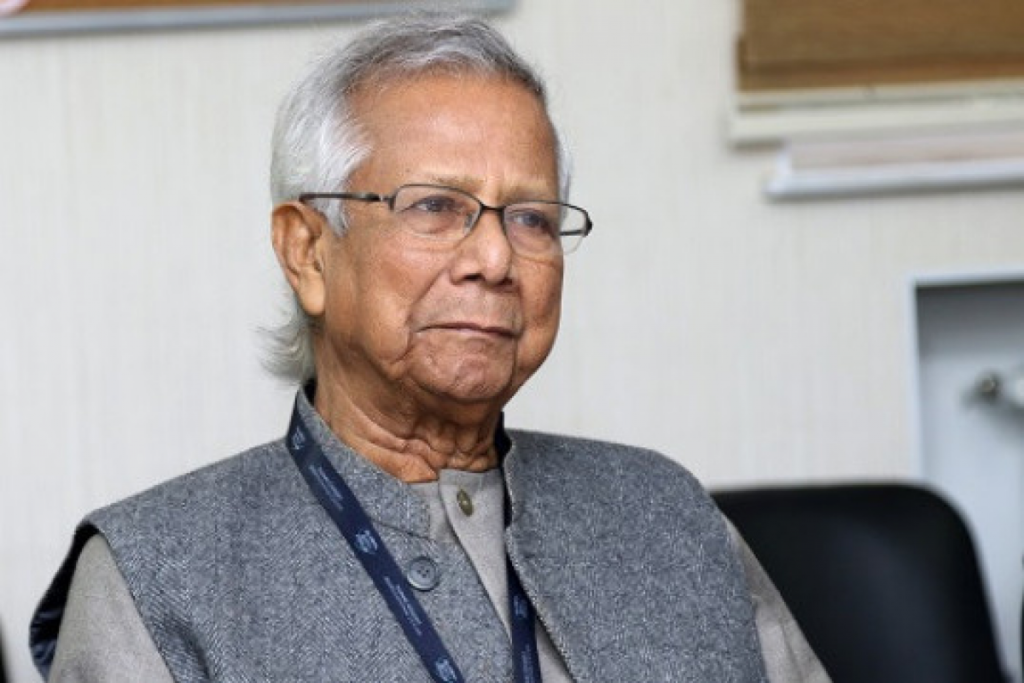A Nobel Peace Prize laureate will lead the interim government of Bangladesh

Nobel laureate Muhammad Yunus, a long-time adversary of Bangladesh’s former Prime Minister Sheikh Hasina, has been appointed as the country’s interim leader. The 84-year-old Yunus was named to the role a day after Hasina fled to India following weeks of deadly protests that led to her resignation.
While Yunus is celebrated for his groundbreaking work with microloans through Grameen Bank, Hasina viewed him as a public enemy. Yunus is currently on bail, appealing a six-month jail sentence he deems politically motivated.
The mass protests that led to Hasina’s ousting began in early July, initially driven by university students demanding an end to quotas in civil service jobs. The movement escalated into a broader anti-government campaign, resulting in over 400 deaths and widespread violence, including the torching of police stations. The protests peaked with over 100 deaths on a single day, marking the deadliest moment of the unrest.
Hours before her resignation and departure, protesters stormed and looted Hasina’s official residence in Dhaka. Her nearly 15-year tenure came to a sudden end amid criticism for her efforts to suppress dissent and imprison political opponents. Notably, former Prime Minister Khaleda Zia and activist Ahmad Bin Quasem were released shortly after Hasina’s exit. Zia, head of the Bangladesh Nationalist Party, had been imprisoned on corruption charges she claimed were politically motivated, while Quasem was among many who had disappeared during Hasina’s rule.
Yunus, who had been sentenced to six months in jail in January for alleged labor law violations, has accused Hasina of targeting him politically. He has faced various allegations, including accusations of defaming politicians and tax evasion, which he disputes as baseless.
Known globally as the “banker to the poor” for his work with Grameen Bank, Yunus was awarded the Nobel Peace Prize in 2006 for demonstrating that even the poorest individuals can drive their own development. Despite his international acclaim, Hasina labeled him a “bloodsucker” of the poor and criticized his bank’s interest rates. The origins of their feud are unclear but are often linked to Yunus’s failed attempts to establish a political party.
